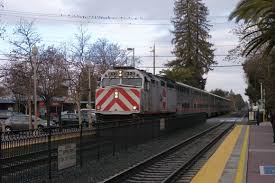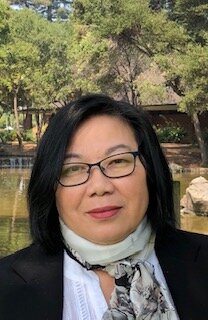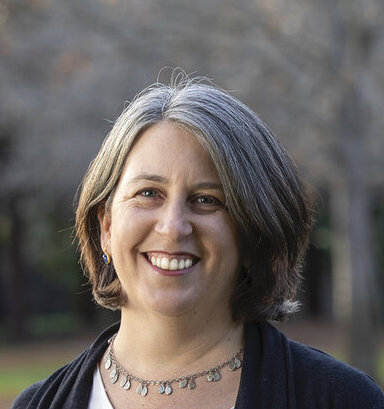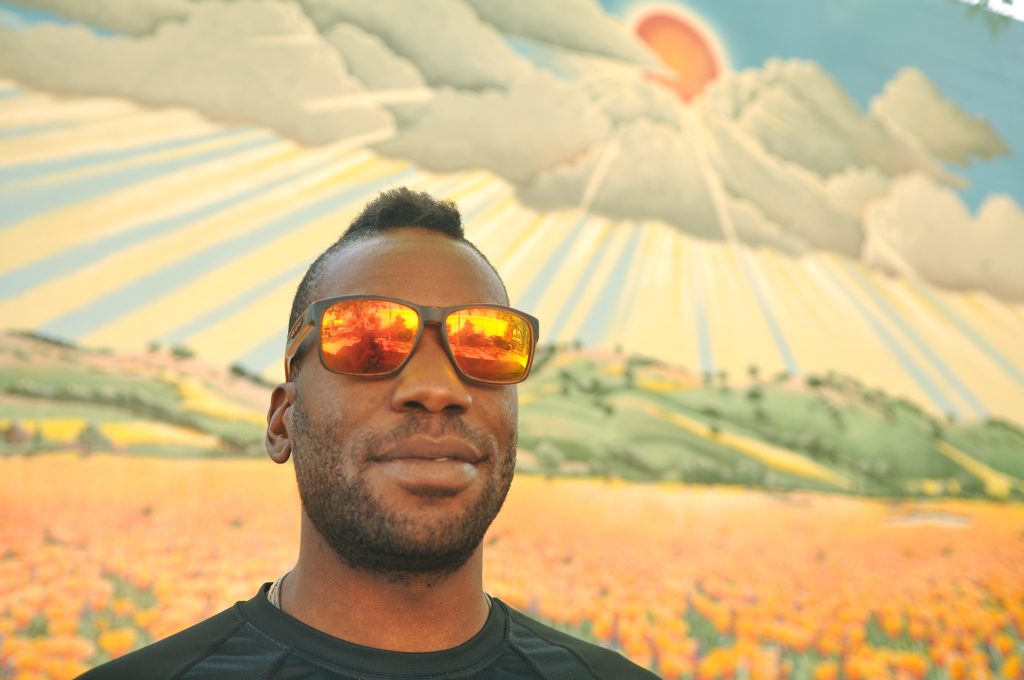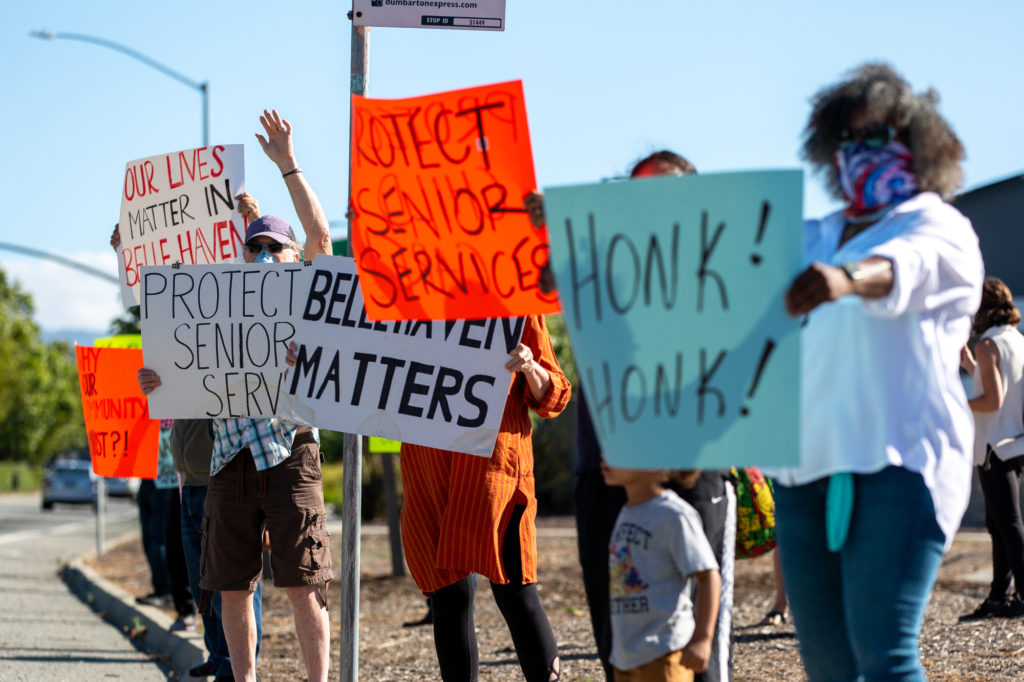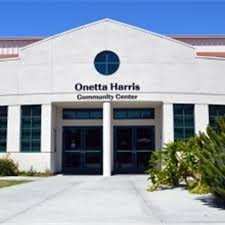So many of the goals of Menlo Together – sustainable transportation, environment, housing affordability, equity – depend on having Caltrain service continue and improve over time.
Measure RR on the November ballot will save Caltrain from being shut down, fund affordability and equity programs, reduce congestion, keep pollution out of the air, and enable Menlo Park and other cities to add housing near public transit where residents need to drive less.
In addition to voting yourself, you can help with phone banking and text banking to reach voters.
There are online events to phone bank this weekend, including:
* Sunday, October 18, at 3pm with Silicon Valley Sunrise – click here to RSVP
* Sunday October 18 at 5pm with Mark Cordes, new CEO of San Francisco Transit Riders – click here to RSVP
Have more questions? Read on…
Caltrain’s budget is in terrible shape because of the pandemic. Pre-Covid, Caltrain got most of its revenue from riders, but with most offices legally required to be closed, ridership has been steeply down. Caltrain’s public funding comes from its 3 county transit agency partners whose budgets are down because of the pandemic. Without Measure RR, Caltrain faces a shutdown of 2.5 years or more!
Measure RR will prevent Caltrain from being shut down, and in the future will provide more frequent service at more times of the day, to relieve congestion and to make more kinds of trips convenient – you could go to San Mateo for dinner without having to look for parking.
Before Covid, Caltrain kept 4 lanes of cars off the highway and local roads. Congestion will be terrible if pandemic restrictions ease and Caltrain is still down.
Our Climate Action Plans in Menlo Park and other cities depend on Caltrain to provide effective alternatives to driving. Pre-Covid, Caltrain removed 400 million driving miles per year from the roads. This would grow by about 240 million with improvements funded by Measure RR, removing 110 additional metric tons of carbon emissions each day.
Measure RR will fund implementation of new equity policies, including a 50% discount for low-income people, and better connections to local transit which more low-income people depend on to get to the train.
During the pandemic, Caltrain is supporting essential workers – about 50% of riders are travelling for jobs in health care, life sciences and government.
Riders who have been required to stay home due to Covid plan to return – 70% of people who were regular riders before Covid plan to use Caltrain as much or more than before, according to Caltrain’s poll.
Voters are voting early in record numbers, but about 80-90% haven’t voted yet. Many haven’t heard yet about Measure RR and how it will save Caltrain from shutdown, improve affordability and service, and save our region from congestion and pollution.
So if you have an hour or two this weekend, click here to sign up to phone bank this weekend, or sign the pledge card to get connected with more ways to help.
Voting is different this year so please make a plan to vote early by mail or at a dropoff site near you – check out smcvote.org for more info and to track your ballot.
